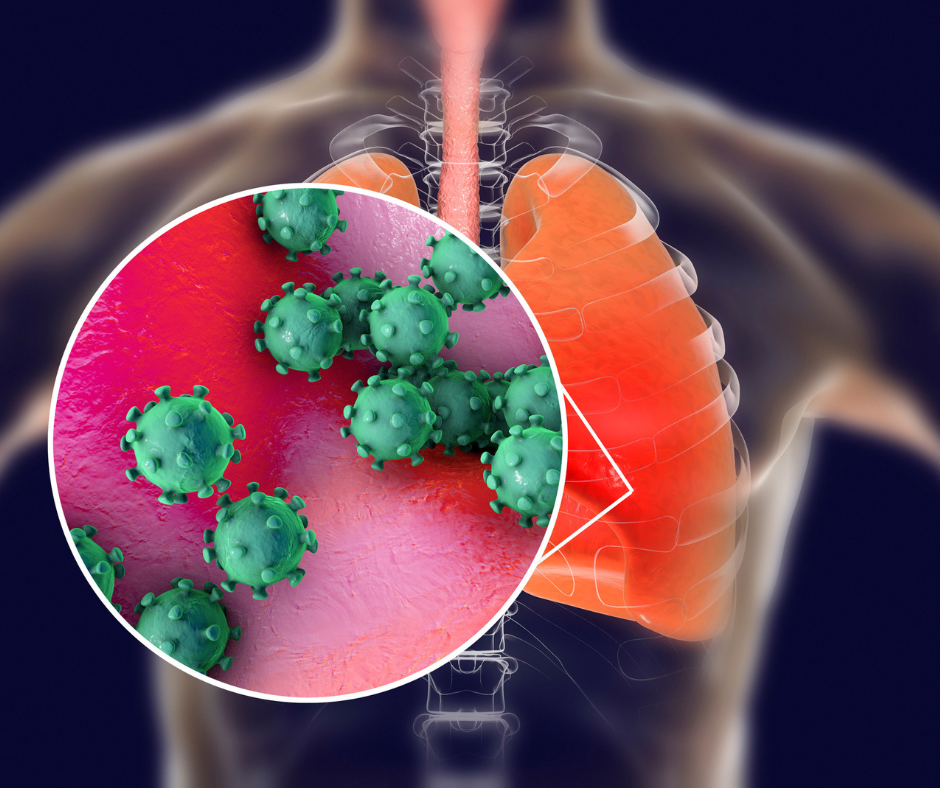
Respiratory syncytial virus (RSV) is an extremely common respiratory virus that typically causes mild cold-like symptoms in affected individuals, including runny nose, reduced appetite, cough, irritability, reduced activity, and apnea. RSV is the most
common cause of respiratory illness among both infants and young children. Nearly all children are affected before their second birthday. However, adults, older children, and the elderly are also susceptible to RSV. The severity increases depending
on underlying and autoimmune diseases.
Up to 80,000 children younger than 5 years old are hospitalized each year in the United States due to RSV. It is the most common cause of infant hospitalizations. Although RSV cases typically peak between December and February, hospitalizations reached
similarly high levels earlier than normal this year. Many pediatric intensive care units are at or exceeding capacity due to the increasing number of children who are being admitted due to severe RSV cases.
According to the Centers for Disease Control and Prevention, RSV can spread in multiple ways:
- Virus droplets from an infected person’s cough or sneeze entering eyes, nose, or mouth
- Direct contact with the virus, like kissing the face of a child with RSV
- Touching a surface with the virus on it, then touching your face
People infected with RSV are usually contagious for 3 to 8 days and may become contagious a day or two before showing signs of illness. RSV can also survive many hours on hard surfaces, such as tables and crib rails. It lives on soft surfaces for a shorter
amount of time, such as hands and tissues.
To help prevent the spread of RSV, the following disinfectants have an RSV claim when used on hard non-porous surfaces:
First discovered in 1956, RSV has been treated by healthcare professionals for decades; however, there are no vaccines to prevent it available yet. There are many steps that can be taken to prevent the spread of RSV, including:
- Covering coughs and sneezes without using hands
- Washing hands often with soap and water for at least 20 seconds
- Avoiding close contact with others
- Cleaning frequently touched surfaces
To learn more about RSV, click here. To learn more about our disinfection solutions, click here.
To get in touch with a Betco representative, click here.